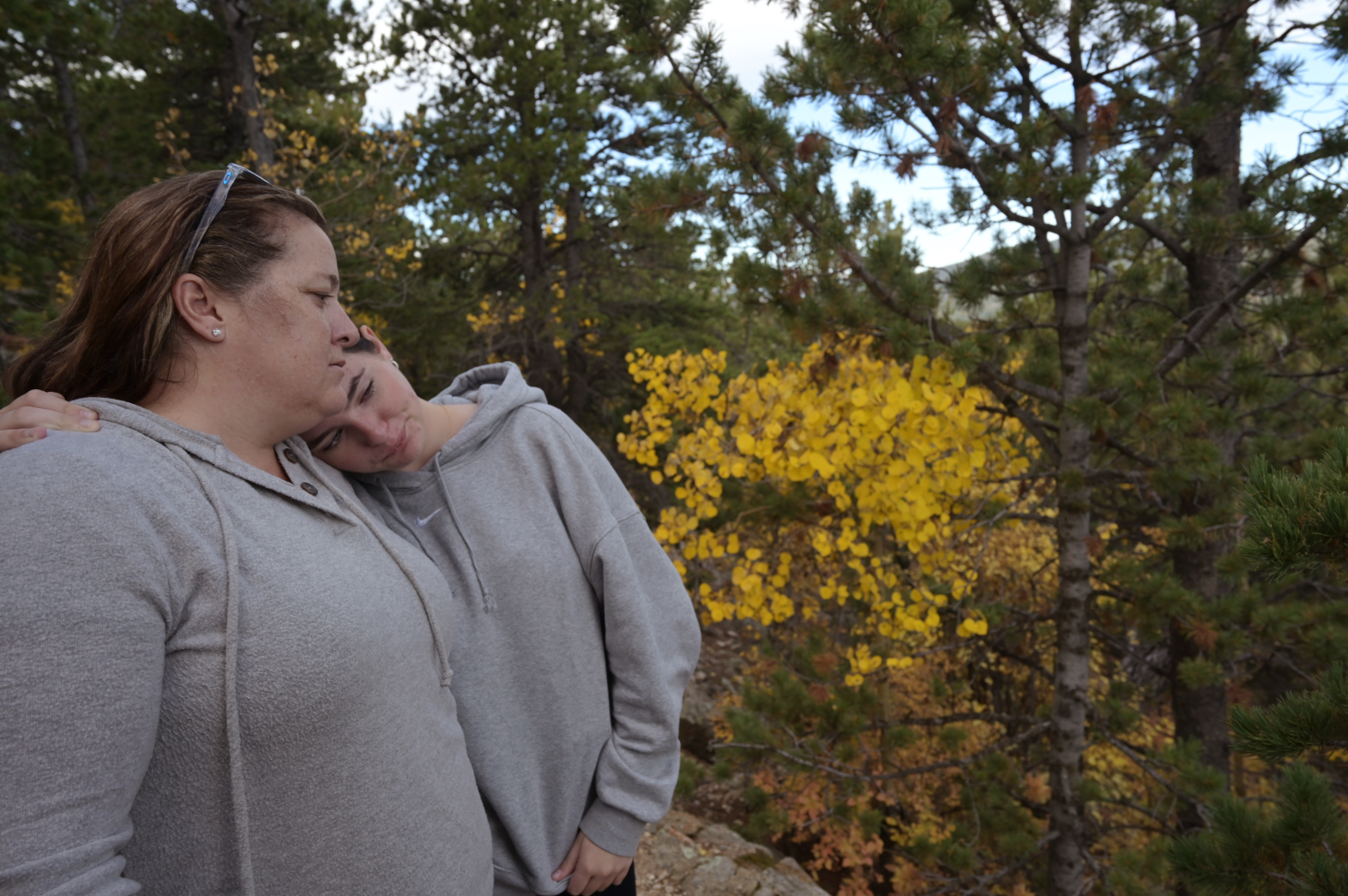Colorado alcohol deaths surged 60% in 4 years, but there’s been no public outcry or push to save lives

The Denver Post by Meg Wingerter, January 4, 2024: When fentanyl deaths spiked, the state responded. When alcohol deaths did the same, Colorado was silent. Fatal drug overdoses had been slowly rising for a decade, but when the number of Coloradans killed by fentanyl soared during the first two years of the pandemic, state leaders, law enforcement officials, public health managers — even ordinary people — called for drastic action.
Hoping to stem the loss of life, lawmakers took the controversial step in 2022 of making it a felony to possess even a small amount of fentanyl, the synthetic opioid responsible for most of the state’s fatal overdoses.
Schools and colleges began stocking the overdose-reversal medication naloxone. Families and friends of people killed by fentanyl rallied for more treatment resources. Nonprofits conducted educational campaigns about the dangers of counterfeit medications, advising “one pill can kill.”
Yet at the same time, another drug quietly fueled its own surge in fatalities in Colorado.
Deaths from alcohol in Colorado shot up more than 60% between 2018 and 2021, falling slightly in 2022 — as did fatal overdoses. But alcohol fatalities are still 50% above pre-COVID levels, and experts fear Coloradans’ heavier drinking since 2020 will continue to exact a deadly cost in the years to come.
Alcohol killed 1,547 people statewide in 2022 — fewer than the 1,799 who died of overdoses — but that narrowly defined figure only includes certain types of organ damage and complications of withdrawal. Factor in deaths from long-term complications of drinking, and estimates put alcohol’s annual toll in this state at roughly twice that number.
Coloradans die from the effects of alcohol at one of the highest rates in the country, but, in comparison to fentanyl, the state’s reaction has been a shrug. Legislators haven’t seriously considered measures to discourage drinking, and voters expanded access to alcohol in grocery stores. Gov. Jared Polis said he considers drinking a matter of personal responsibility.
The Denver Post is publishing a four-part series this week examining why Colorado consistently ranks among the worst for alcohol-related deaths. The state hasn’t raised alcohol taxes or done anything to restrict access — steps that can reduce deaths. And while treatment is available in Colorado, information about how to access it hasn’t always reached families searching for help.
Read more from The Denver Post here.




